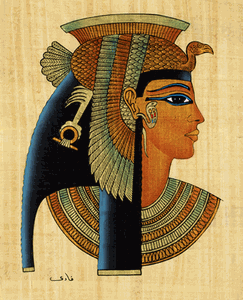Fun Facts About Plague
- Jen Author

- Apr 2, 2014
- 2 min read

There's a lot of talk going on right now about the Black Death. It made me think about plagues in general. Here's some Fun Facts to go along with all those wordy articles.
Did you know...
*Plague is a disease caused by the bacterium, Yersinia pestis, which is transmitted by fleas from infected rats. The black rat is most notably the culprit.
*Plague actually exists in three different forms: bubonic, pneumonic, and septicemic.
*Bubonic plague is caused by a bite from an infected flea near lymph nodes. Symptoms include buboes (large, hard swellings) in the groin, armpits, and neck. It kills about half of its hosts, without antibiotics.
*Pneumonic plague is caused by inhalation of bacilli, which then enter the lungs. Symptoms include coughing up blood, vomit, and/or sputum. It kills nearly all of its hosts, without antibiotics.
*Septicemic plague is caused by a bite from an infected flea that forces bacilli directly into the bloodstream. Symptoms include all-over hemorrhaging and gangrene of body parts, which ultimately turn black in color. It kills nearly all of its hosts, even with antibiotics.
*The Black Death (1347-1353) is widely considered to have contained all three forms of plague, resulting in the devastatingly quick and massive loss of life in Europe. It killed off approximately 1/3 of the population. That amounts to about 25 million people within the scope of only 5-6 years.
*The first account of bubonic plague occurred in the eastern Roman empire in 541-544 AD, called the Plague of Justinian. At its peak, it was killing up to 100,000 people a day in the capital city of Constantinople.
*Types of "remedies" that people sought out in later plagues to prevent infection include smoking tobacco, sniffing roses, sitting under a latrine, spider webs, toad poison, woodlice, and crab's eyes.
*There are still approximately 2,000 new cases of plague diagnosed each year. However, with antibiotics, only 180 of those cases now result in death. Most (98.7%) of the 2,000 cases occur in Africa.
~ Knowledge is Power ~
My learning experiences derive from:
Dobson, Mary. Disease: The Extraordinary Stories Behind
History's Deadliest Killers. London, Quercus. 2007.
*****
Moore, Dr. Peter. The Little Book of Pandemics.
Toronto, Key Porter Books. 2007.






Comments